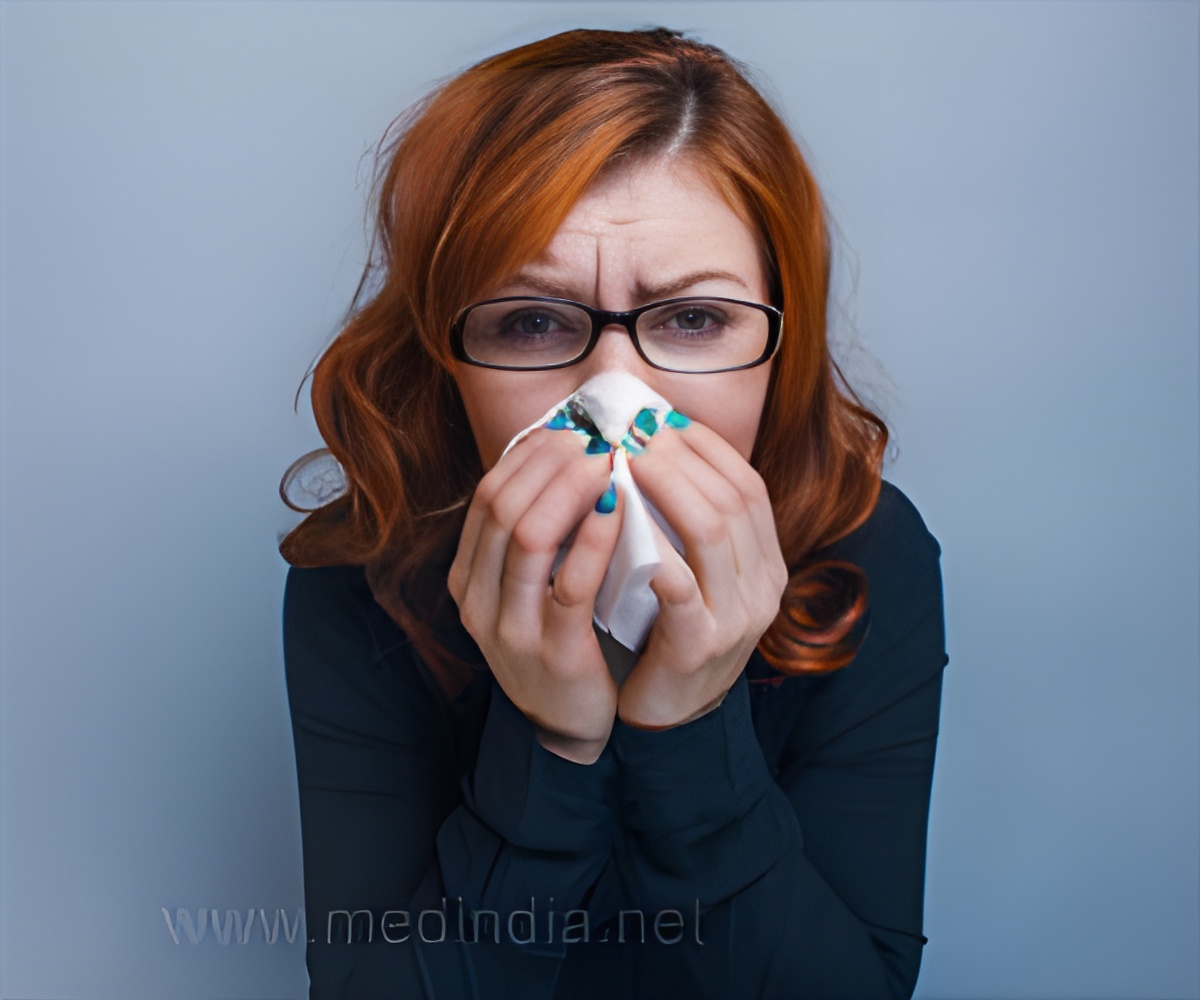Two clinical trials evaluated the frequency and safety of benznidazole, which is used in treating Chagas disease show adverse effects.

‘The frequency of adverse reactions to benznidazole is very high when treating chronic Chagas patients.’





Benznidazole is one of the two existing antiparasitic drugs for Chagas' disease treatment. However, it is a poorly tolerated drug and its use to treat chronic disease raises safety concerns.In order to provide a systemic evaluation of safety of benznidazole in chronically infected adults, the authors of the study combined data from two prospective clinical trials performed in 2013 and 2016 at the Hospital Clinic of Barcelona, designed to assess the safety of the drug produced by ELEA Laboratories, Argentina.
Adverse reactions were observed in 85 of the 99 participants, with an average of three adverse reactions per patient.
Most adverse reactions (90%) were mild and appeared in the first month of treatment.
The researchers also identified some unexpected adverse reactions that were not described previously, such as sleeping disorders and anxiety.
Advertisement
"Until we have something better, benznidazole will remain part of the treatment in the near future, so these results underline the urgent need to find ways to combine it with other drugs or use different dosages in order to achieve maximum efficacy with the minimum toxicity", she adds.
Advertisement
Source-Eurekalert









